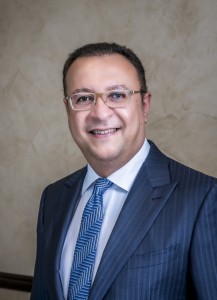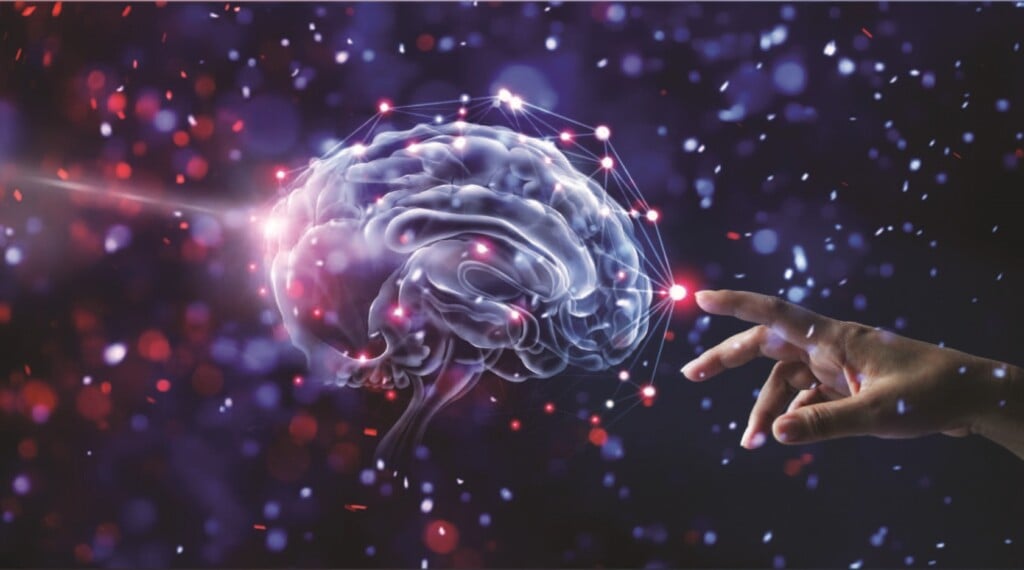Focus On With Dr. Sadek: Seizure First Aid
It is estimated that 1 in 10 people will have a seizure at some point during their life.
Below are some tips to help in the event you witness a seizure:
- Lower the person to the floor and then turn them onto their side to help avoid aspiration.
- Stay with the person until they are fully awake and time the duration of the seizure. After a seizure, it is quite common for the patient to be confused or slow to respond. Occasionally a person can become agitated, in which case it is best to speak calmly and avoid physically restraining the patient.
- Clear the area of any hard or sharp objects. If available place something soft, such as a folded jacket, under their head.
- Do not hold down the patient or try and restrain their movements. Contrary to previous beliefs it is no longer advised to place anything in the person’s mouth—this can further injure the patient or cause a choking hazard.
- In most situations, 911 will be called especially if the person is a stranger to you or it is their first seizure. If the patient has a known history of epilepsy it may not always be necessary to call EMS for every seizure. This is best discussed with the patient’s neurologist. However, 911 should always be called for seizures lasting longer than five minutes or if a patient experiences back-to-back seizures within a short period of time.
If you or a loved one suffers from recurrent seizures, please seek medical help by an epileptologist for the best outcome.
Generally the following tips can also be helpful to prevent further seizures:
- Take medication as directed, being very careful not to miss any doses. Do not lower or change doses without the instruction of your health care provider.
- Sleep deprivation and alcohol use can often trigger seizures. Talk with your doctor regarding alcohol use and attempt to get at least 7 or more hours of sleep each night.
- Some prescription and over-the-counter medications can trigger or worsen seizures; these include Benadryl and decongestants and some pain medications. Please review all medications you take with your neurologist to help minimize risk of further seizures.
Dr. Ahmed Sadek | Orlando Epilepsy Center, Inc.
Dr. Sadek is the Director of Orlando Epilepsy Center. He is an Assistant Professor of Neurology at the University of Central Florida College of Medicine and a Clinical Assistant Professor of Neurology at the University of Florida Shands, Gainesville. Dr. Sadek is triple Board certified in Neurology, Clinical Neurophysiology, and Epilepsy.
CONTACT INFORMATION
Phone: 407.704.8510
Website: orlando-epilepsy.com






